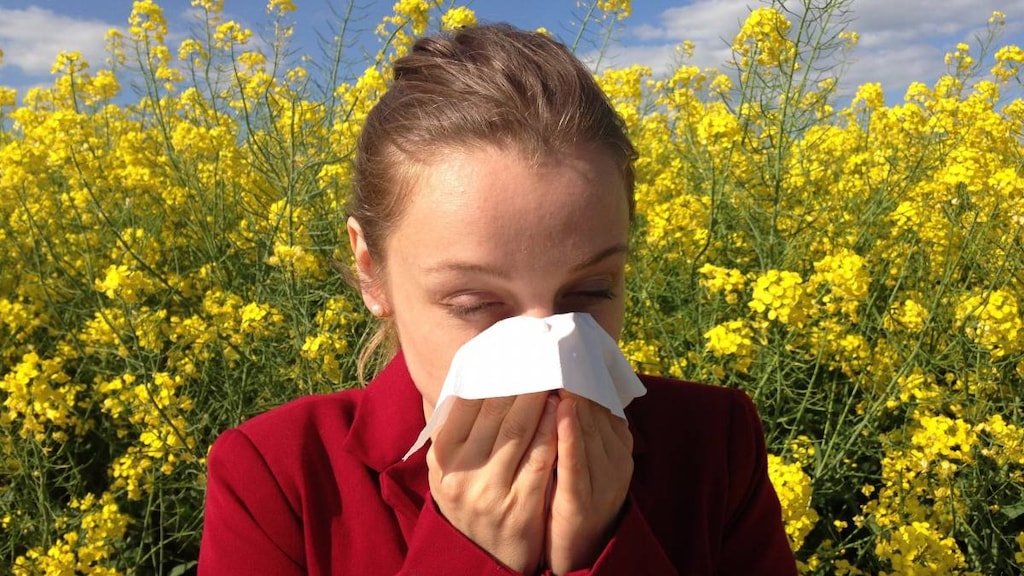Dosage Forms
Excipient information presented when available (limited, particularly for generics); consult specific product labeling. [DSC] = Discontinued product
Solution, Nasal, as hydrochloride:
Tyzine: 0.05% (15 mL [DSC]) [contains benzalkonium chloride, edetate disodium]
Pharmacology
Mechanism of Action
Stimulates alpha-adrenergic receptors in the arterioles of the nasal mucosa to produce vasoconstriction
Pharmacokinetics/Pharmacodynamics
Onset of Action
Decongestant: 4-8 hours
Use: Labeled Indications
Symptomatic relief of nasal congestion
Contraindications
Hypersensitivity to tetrahydrozoline or any component of the formulation. The 0.5% solution is contraindicated in children <2 years of age. The 0.1% solution is contraindicated in children <6 years of age.
Dosage and Administration
Dosing: Adult
Nasal congestion: Intranasal: Instill 2-4 drops or 3-4 sprays of 0.1% solution into each nostril every 3-4 hours as needed, no more frequently than every 3 hours
Dosing: Geriatric
Refer to adult dosing.
Dosing: Pediatric
Nasal congestion: Intranasal:
Children 2-6 years: Instill 2-3 drops of 0.05% solution into each nostril every 4-6 hours as needed, no more frequently than every 3 hours
Children >6 years: Refer to adult dosing.
Storage
Do not use if solution changes color or becomes cloudy. Store below 30°C (86°F).
Drug Interactions
Esketamine: Decongestants (Nasally Administered) may diminish the therapeutic effect of Esketamine. Management: Patients who require a nasal decongestant on an esketamine dosing day should administer the nasal decongestant at least 1 hour before esketamine. Consider therapy modification
Monoamine Oxidase Inhibitors: May enhance the hypertensive effect of Tetrahydrozoline (Nasal). Avoid combination
Adverse Reactions
>10%: Respiratory: Sneezing, stinging sensation of the nose
1% to 10%:
Cardiovascular: Hypertension, palpitations, tachycardia
Central nervous system: Headache
Neuromuscular & skeletal: Tremor
Ophthalmic: Blurred vision
Warnings/Precautions
Concerns related to adverse effects:
- Somnolence: Profound sedation may occur in children following overdose. This may be accompanied by diaphoresis, hypotension, and/or shock. Do not exceed recommended dosages.
Disease-related concerns:
- Cardiovascular disease: Use with caution in patients with cardiovascular disease, including hypertension and coronary artery disease.
- Endocrine disorders: Use with caution in patients with endocrine disorders, including diabetes and hyperthyroidism.
Other warnings/precautions:
- Appropriate use: For intranasal use only.
- Accidental ingestion: Accidental ingestion by children of over-the-counter (OTC) imidazoline-derivative eye drops and nasal sprays may result in serious harm. Serious adverse reactions (eg, coma, bradycardia, respiratory depression, sedation) requiring hospitalization have been reported in children ≤5 years of age who had ingested even small amounts (eg, 1-2 mL). Contact a poison control center and seek emergency medical care immediately for accidental ingestion (FDA Drug Safety Communication, 2012).
Monitoring Parameters
Blood pressure, heart rate, symptom response
Pregnancy
Pregnancy Risk Factor
C
Pregnancy Considerations
Animal reproduction studies have not been conducted.
Patient Education
- Discuss specific use of drug and side effects with patient as it relates to treatment. (HCAHPS: During this hospital stay, were you given any medicine that you had not taken before? Before giving you any new medicine, how often did hospital staff tell you what the medicine was for? How often did hospital staff describe possible side effects in a way you could understand?)
- Patient may experience sneezing, burning, stinging, or nasal dryness. Have patient report immediately to prescriber severe loss of strength and energy, chest pain, fast heartbeat, passing out, abnormal heartbeat, tremors, severe headache, severe dizziness, pale skin, sweating a lot, trouble sleeping, or fatigue (HCAHPS).
- Educate patient about signs of a significant reaction (eg, wheezing; chest tightness; fever; itching; bad cough; blue skin color; seizures; or swelling of face, lips, tongue, or throat). Note: This is not a comprehensive list of all side effects. Patient should consult prescriber for additional questions.
Intended Use and Disclaimer: Should not be printed and given to patients. This information is intended to serve as a concise initial reference for health care professionals to use when discussing medications with a patient. You must ultimately rely on your own discretion, experience, and judgment in diagnosing, treating, and advising patients.




